Brazil plans to launch a $125 billion fund to protect its rainforests as part of a comprehensive strategy.
Part of Brazil's comprehensive strategy
Brazil plans to launch a $125 billion fund to protect tropical forests when it hosts COP30 in November. The fund is part of Brazil’s comprehensive strategy to turn talks into action.
Discussions have progressed and several countries, including Germany, France, the United Arab Emirates and Singapore, have expressed interest in joining the group of major contributors, according to Rafael Dubeux, executive secretary of Brazil’s Finance Ministry . The new fund is expected to be ready to receive contributions when the summit begins in the city of Belém, Dubeux said.
 |
| As of 2024, global temperatures have exceeded the 1.5°C annual increase for the first time. Without drastic action to reduce greenhouse gas emissions, temperatures will continue to rise. Illustration photo |
This is an initiative to protect and maintain tropical forests around the world (TFFF). Countries with large forest areas such as Brazil, Colombia, Indonesia and the Democratic Republic of Congo will be the beneficiaries of this fund. The World Bank is supporting the development and is expected to manage the fund.
Brazil’s forest fund is just one way officials hope to make COP30 a landmark event. Other plans include launching discussions on a multilateral carbon market and a common framework for identifying sustainable investments.
Efforts to address climate change issues
The COP30 conference, held in the Amazonian city of Belém in northern Brazil, marks the 10th anniversary of the Paris Agreement, a global agreement that commits most countries to keeping temperature increases to no more than 2°C, and ideally 1.5°C, compared to pre-industrial levels.
However, COP30 also comes after a series of ineffective recent UN summits that have created a sense of setbacks in efforts to combat climate change. The Brazilian market now has to do a lot to prove that multilateralism can still address climate change.
Global temperatures exceeded 1.5°C annual temperature increases for the first time in 2024, and without drastic action to reduce greenhouse gas emissions, temperatures will continue to rise. With emissions reductions slow, Brazil sees forest conservation as a ready solution to help buy time for a rapidly warming planet. Trees currently absorb billions of tons of CO2 each year.
While deforestation in the Brazilian Amazon has declined under the leadership of President Luiz Inacio Lula da Silva, deforestation is increasing globally, with 6.4 million hectares of forest lost by 2023.
Progress in climate finance
Brazil hopes that wealthy nations will lend $25 billion to the rainforest fund to kick-start the initiative, which will help attract another $100 billion from the private sector. All of the money will be invested in a diversified portfolio, generating returns to return to investors and rewarding countries that protect their forests.
In addition to forest finance, COP30 also wants to reform carbon markets. Brazil will try to create a coalition of countries that voluntarily impose an emissions cap, adjusted according to each country’s per capita income, Dubeux said. Poorer countries will have more space to emit, while richer ones will have less flexibility. For countries not in the coalition, Brazil will propose a border adjustment.
Brazil also wants to develop a common classification system for sustainable investments, which would help prevent greenwashing (a term used to describe the practice of companies or organizations misrepresenting or promoting their environmental efforts) and facilitate more precisely targeted public policies and private investments.
COP30 organizers still hope to make progress on climate finance. At last year’s COP29 in Baku, Azerbaijan, rich nations agreed to provide at least $300 billion a year to poor countries by 2035 through various sources, including public finance as well as bilateral and multilateral agreements. However, the amount pledged is only a fraction of what developing countries are asking for, leaving them disappointed.
Brazil is discussing a common stance on climate finance with the BRICS countries (a group of five developing countries with major influence in the global economy ), including India, China, South Africa, Russia, Indonesia and the United Arab Emirates. " The BRICS countries are interested in strengthening coordination " on the issue, said Mauricio Lyrio, secretary for economic and financial affairs at Brazil's Foreign Ministry.
| Brazil’s forest fund is just one way officials hope to make COP30 a landmark event. Other plans include launching discussions on a multilateral carbon market and a common framework for identifying sustainable investments. |
Source: https://congthuong.vn/brazil-du-kien-rot-125-ty-usd-vao-quy-bao-ve-rung-378504.html


![[Photo] Prime Minister Pham Minh Chinh inspects and directs the work of overcoming the consequences of floods after the storm in Thai Nguyen](https://vphoto.vietnam.vn/thumb/1200x675/vietnam/resource/IMAGE/2025/10/08/1759930075451_dsc-9441-jpg.webp)


![[Photo] Prime Minister Pham Minh Chinh attends the World Congress of the International Federation of Freight Forwarders and Transport Associations - FIATA](https://vphoto.vietnam.vn/thumb/1200x675/vietnam/resource/IMAGE/2025/10/08/1759936077106_dsc-0434-jpg.webp)


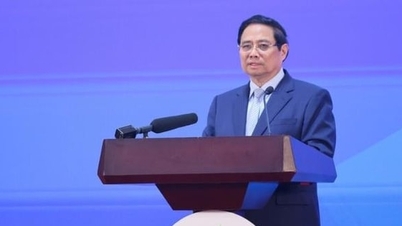







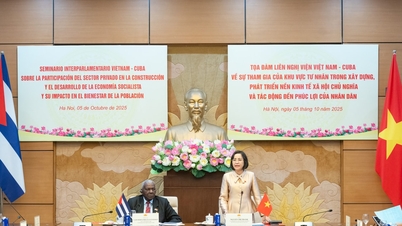

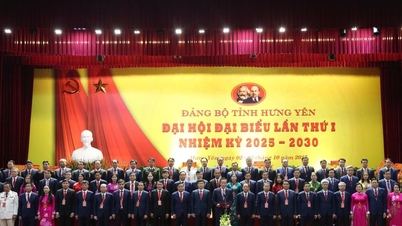



















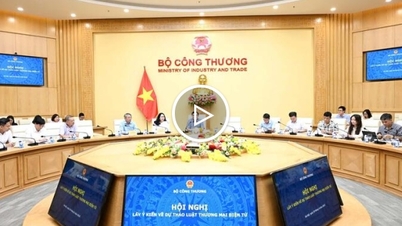



































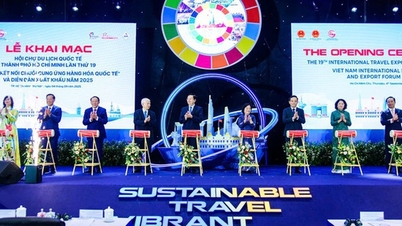












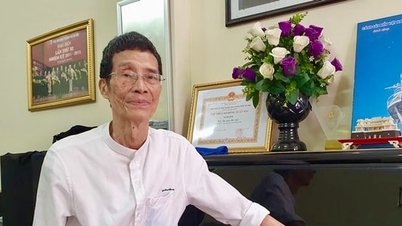












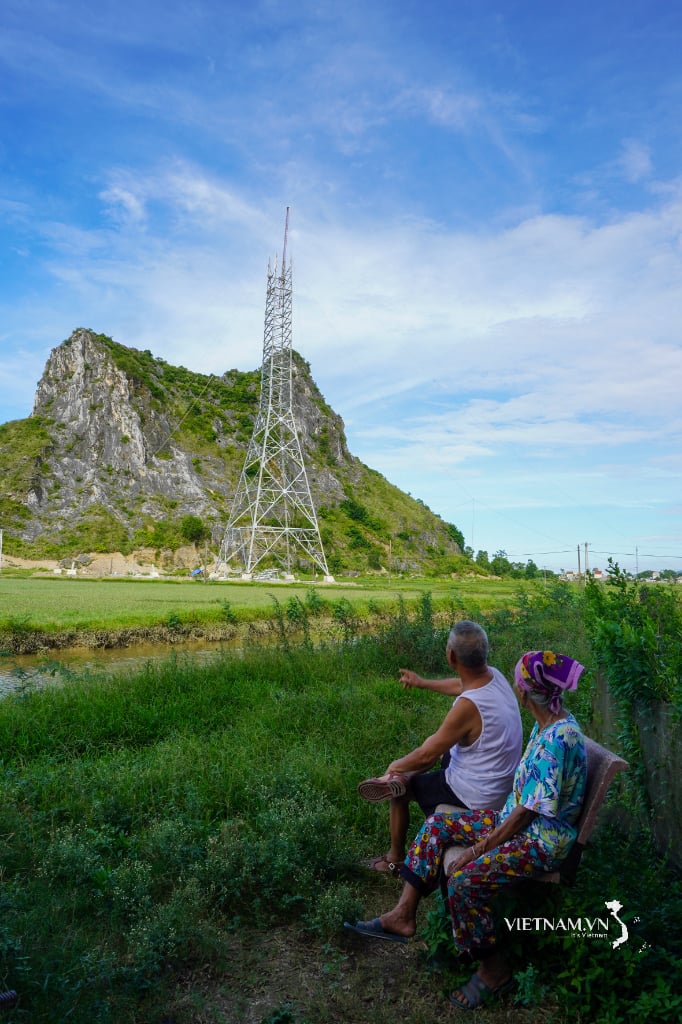
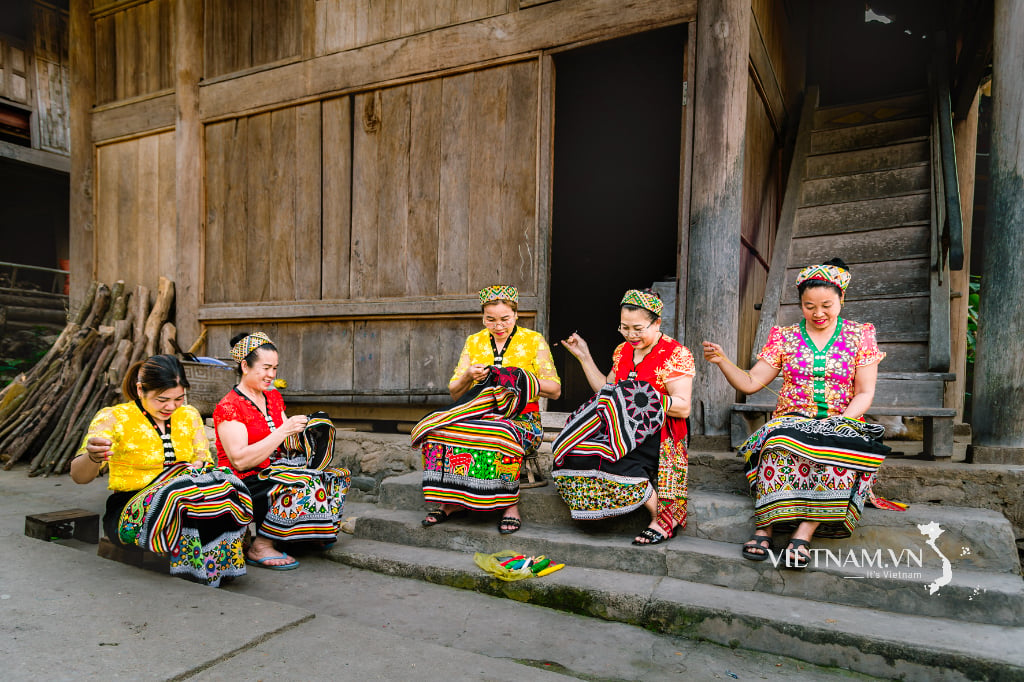


Comment (0)